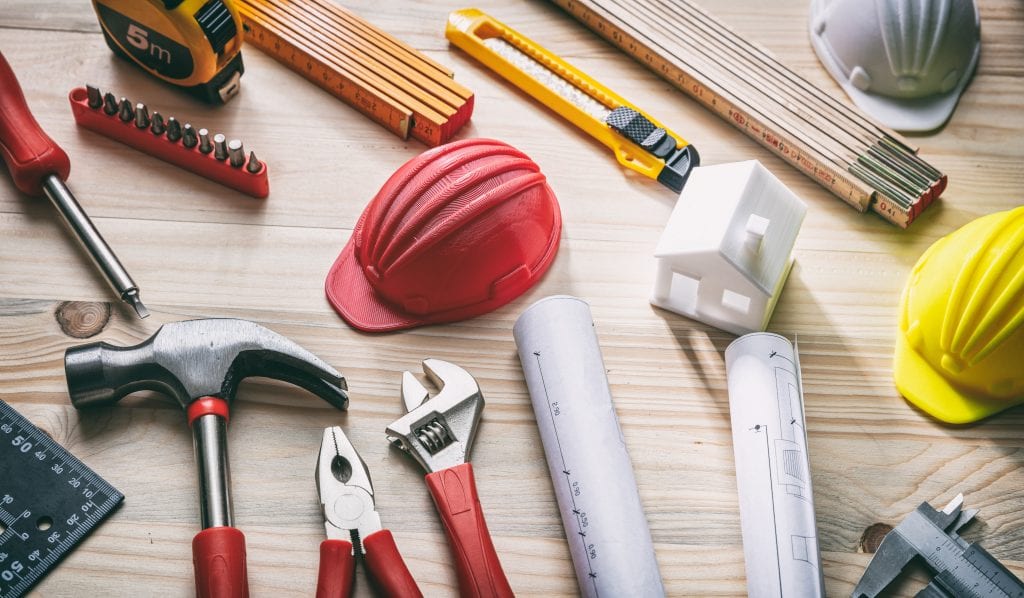Many individuals ask me how do you avoid losing money on flips when starting. Flipping houses is a business like any other: experience, preparation, and expertise are required to succeed. Widespread errors made by inexperienced real estate investors underestimate the time or money needed by the project. The overestimation of their skills and expertise is another mistake made by flippers. In a timing sector, such as investment in real estate, flexibility, and sound judgment are particularly necessary.
Contents
What is Flipping and How Do I Make Money With It
Flipping is a form of real estate investment strategy where an investor purchases a piece of real estate that is not intended for use but to be sold for profit, rather than for wholesale real estate investment. This income usually arises from an increase in the price of hot real estate values or from infrastructure upgrades on the property — or both. In other words, prices rise rapidly. For example, an investor can buy a fixer top, make substantial refurbishments, and then offer it at prices that reflect his new appearance and facilities.
Just like any other small business, time and energy, preparation and patience, skill, and effort are needed. It’ll probably become more laborious and costlier than you ever thought. Consider the risk: you could end up in the back row when you just try to get rich quickly by flipping a house. That profit is typically derived from price appreciation resulting from a hot real estate market in which prices are rising rapidly or from capital improvements made to the property—or both.
For example, an investor might purchase a fixer-upper in a “hot” neighborhood, make substantial renovations, then offer it at a price that reflects its new appearance and amenities. So the question becomes okay then how can I do this and avoid losing money on flips.
Avoid Losing Money On Flips with Proper Financing

Real Estate dabbling is costly. The first cost is the cost of buying the land. While close to zero money claims are high, it is easier said to find these deals from a legal seller. You pay interest, too, if you fund the purchase. Browse thoroughly for your funding sources to see which type of best meets your requirements. A mortgage calculator, which helps you to compare the rates provided by different lenders, is a convenient way to study financing costs. Getting the right financing for your real estate we most certainly help you if you are trying to avoid losing money on flips. Next to repair costs it is the next biggest ticket item you have to deal with.
Avoid Losing Money On Flips with Smaller Renovations

Renovation and refurbishment of homes is a long-term undertaking. The land can be located and rented for months. You will have to spend time repairing the house until you own it. If you have a workday, then you can spend your time demolishing and building into lost nights and weekends. When you hire someone else to do the job, you will spend more money than you expected, and your income will be decreased when you hire someone. After the construction is completed, checks must be performed to ensure that the property follows the relevant building standards before they can be sold. You will have to invest more time and money if you don’t, to boost it.
Avoid Losing Money On Flips with Skilled Labor

Skilled workers like carpenters and plumbers are also the sided profits of skilled builders and technicians for daily work. You have the skills, abilities, and experience to find and build a home. Some of them are also hired by the Union, which would provide employment checks for their independent projects all season long. On the other side, you’ll have to pay a specialist to conduct upgrades and maintenance. But if you don’t know tools from each other, it reduces the chance that your investment will benefit substantially.
Bottom-line do not waste money trying to fix things yourself when you may be in over your head. Imagine paying to do a tile job in a bathroom and then realizing you didn’t do it properly. If you are trying to avoid losing money on flips, you wouldn’t want to go this route. Most likely you will end up having a contractor to come in and tear and what you have done and you would have paid for the job twice. Alternatively, you could leave it like you completed and decide to sell as-is, bringing the home price down and losing real estate value for your not-so quality work.
Avoid Losing Money On Flips with Experience

You need to learn to pick the right property at the right place at the right price to gain results. Are you planning to buy at $60,000 and sell at $200,000 in a neighborhood of $100,000? To be able to happen constantly, the industry is far too powerful. Even if you know for a lifetime what upgrades are necessary and what to save is important. You need to be mindful of the tax codes and zoning regulations available and know when to cut your costs before the project is a cash fill.
Avoid Losing Money On Flips with Patience

Professionals spend time waiting for the property they need. The first house that novices see, they rush out to buy. They then recruit the first company who bids themselves to deal with the job they can’t do. Experts either do their own work or rely on a group of efficient contractors.
Newbies employ a realtor to sell the building. In order to minimized costs and increase profits, professionals rely on “for sale by their owners.” Novices imagine running about, cutting a paint coat and gaining a lot. This takes time for experts to realize that buying and selling homes takes often have thin profit margins.
If you follow these principles you can avoid losing money on flips.
DOWNLOAD PDF [5 Powerful Laws to Avoid Losing Money on Flips]



